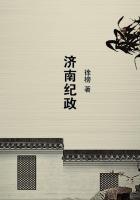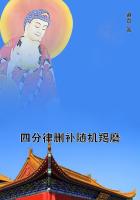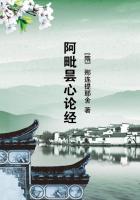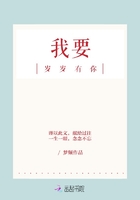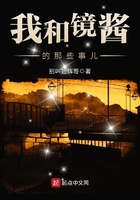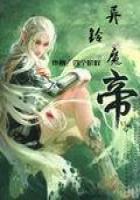Thus it was, in some measure, with the Augustan age. Thus it was with the age of Raphael and Ariosto, of Aldus and Vida.
Machiavelli deeply regretted the misfortunes of his country, and clearly discerned the cause and the remedy. It was the military system of the Italian people which had extinguished their value and discipline, and left their wealth an easy prey to every foreign plunderer. The Secretary projected a scheme alike honourable to his heart and to his intellect, for abolishing the use of mercenary troops, and for organising a national militia.
The exertions which he made to effect this great object ought alone to rescue his name from obloquy. Though his situation and his habits were pacific, he studied with intense assiduity the theory of war. He made himself master of all its details. The Florentine Government entered into his views. A council of war was appointed. Levies were decreed. The indefatigable minister flew from place to place in order to superintend the execution of his design. The times were, in some respects, favourable to the experiment. The system of military tactics had undergone a great revolution. The cavalry was no longer considered as forming the strength of an army. The hours which a citizen could spare from his ordinary employments, though by no means sufficient to familiarise him with the exercise of a man-at-arms, might render him an useful foot-soldier. The dread of a foreign yoke, of plunder, massacre, and conflagration, might have conquered that repugnance to military pursuits which both the industry and the idleness of great towns commonly generate. For a time the scheme promised well. The new troops acquitted themselves respectably in the field. Machiavelli looked with parental rapture on the success of his plan, and began to hope that the arms of Italy might once more be formidable to the barbarians of the Tagus and the Rhine. But the tide of misfortune came on before the barriers which should have withstood it were prepared. For a time, indeed, Florence might be considered as peculiarly fortunate. Famine and sword and pestilence had devastated the fertile plains and stately cities of the Po. All the curses denounced of old against Tyre seemed to have fallen on Venice. Her merchants already stood afar off, lamenting for their great city. The time seemed near when the sea-weed should overgrow her silent Rialto, and the fisherman wash his nets in her deserted arsenal. Naples had been four times conquered and reconquered by tyrants equally indifferent to its welfare and equally greedy for its spoils.
Florence, as yet, had only to endure degradation and extortion, to submit to the mandates of foreign powers, to buy over and over again, at an enormous price, what was already justly her own, to return thanks for being wronged, and to ask pardon for being in the right. She was at length deprived of the blessings even of this infamous and servile repose. Her military and political institutions were swept away together. The Medici returned, in the train of foreign invaders, from their long exile. The policy of Machiavelli was abandoned; and his public services were requited with poverty, imprisonment, and torture.
The fallen statesman still clung to his project with unabated ardour. With the view of vindicating it from some popular objections and of refuting some prevailing errors on the subject of military science, he wrote his seven books on The Art of War.
This excellent work is in the form of a dialogue. The opinions of the writer are put into the mouth of Fabrizio Colonna, a powerful nobleman of the Ecclesiastical State, and an officer of distinguished merit in the service of the King of Spain. Colonna visits Florence on his way from Lombardy to his own domains. He is invited to meet some friends at the house of Cosimo Rucellai, an amiable and accomplished young man, whose early death Machiavelli feelingly deplores. After partaking of an elegant entertainment, they retire from the heat into the most shady recesses of the garden. Fabrizio is struck by the sight of some uncommon plants. Cosimo says that, though rare, in modern days, they are frequently mentioned by the classical authors, and that his grandfather, like many other Italians, amused himself with practising the ancient methods of gardening. Fabrizio expresses his regret that those who, in later times, affected the manners of the old Romans should select for imitation the most trifling pursuits. This leads to a conversation on the decline of military discipline and on the best means of restoring it. The institution of the Florentine militia is ably defended; and several improvements are suggested in the details.


